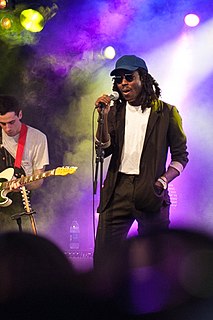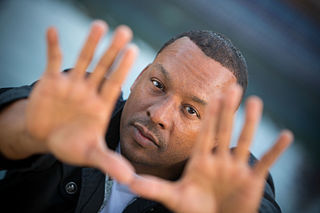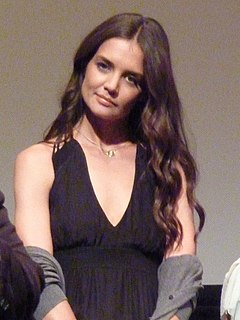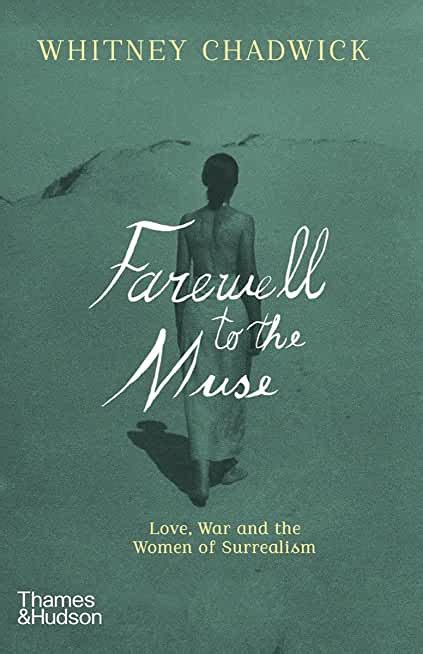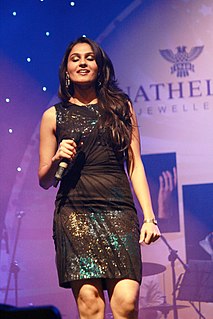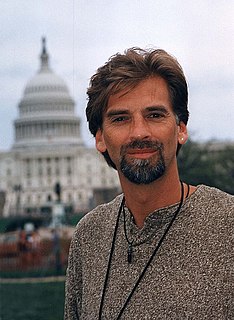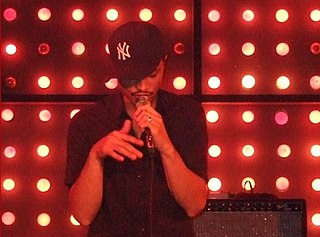A Quote by James Franco
I was being generous. Gia Coppola wasn't even a filmmaker at that time, but I asked her to do it, because I believed in her as an artist. And because I wanted a woman's take on the material. The book Palo Alto is very male-centric, but Gia carved out a bunch of the female characters, and brought them to the fore in the movie. And the project was richer for it.
Related Quotes
It's a fact, the majority of films in Hollywood are from the male perspective. And the female characters, very rarely do they get to speak to another female character in a movie, and when they do it's usually about a guy, not anything else. So they're very male-centric, Hollywood films, in general. So I think it's incredible that Ned Benson, when I said I'd love to know where she goes, says okay, I'm going to write another film from the female perspective.
When I was asked to compose a score for... 'Palo Alto,' I first thought to myself, 'What is the house that these characters would want to live in?' I wanted to paint a picture and color scheme that I could work around. I gently apply different daubs to see what fits to match the color I have in mind with these characters.
Being a black filmmaker, one of the things I wanted to do with the movie is make sure I told it from a different perspective. I wanted to take myself out of it as a black male. I wanted to look at this movie through the eyes of Tully, to understand what he was thinking, and feel what he was feeling as much as I could.
Suri is my daughter, she's very, very special to me, and this project took a lot of time and because it's my first feature I wanted her to know that she's so special to me. I thought that as she gets old that will mean more to her, that she's always the most important, and I wanted to give her a special thanks because she means everything to me.
I don't think that there's a guy behind the desk at every newspaper saying "No, woman" and sending her on her way, but that's what's systemic about it, right, like that people don't quite realize that maybe they're attracted to a male op-ed more than a female op-ed, or because of networking they know this person from going out to a bar with them.
What I wanted to do was put a woman of color, front and center, in my movie combining a lot of themes that were relevant to both men and women. I actively wanted her to carry the weight of this movie because I'm a woman. And I actively wanted to explore many of the issues that affected her as a woman of color. That was very important to me. And although these issues affect some women of color, I don't think they're only of interest to women of color. They're of universal interest.
The bizarre but all too common transformation of the woman artist from a producer in her own right into a subject for representation forms a leitmotif in the history of art. Confounding subject and object, it undermines the speaking position of the individual woman artist by generalizing her. Denied her individuality, she is displaced from being a producer and becomes instead a sign for male creativity.
But will I always love her? Does my love for her reside in my head or my heart? The scientist in her believed that emotion resulted from complex limbic brain circuitry that was for her, at this very moment, trapped in the trenches of a battle in which there would be no survivors. The mother in her believed that the love she hadd for her daughter was safe from the mayhem in her mind, because it lived in her heart.
Love your material. Nothing frightens the inner critic more than the writer who loves her work. The writer who is enamored of her material forgets all about censoring herself. She doesn't stop to wonder if her book is any good, or who will publish it, or what people will think. She writes in a trance, losing track of time, hearing only her characters in her head.
I just don't feel like I've seen very many movies about 17-year-old girls where the question is not, 'Will she find the right guy' or 'Will he find her?' The question should be, 'Is she going to occupy her personhood?' Because I think we're very unused to seeing female characters, particularly young female characters, as people.
I feel like, in many ways, Billie Holiday's still very under-appreciated as an artist. People focus on her voice, and all of the very recognizable vocal things that she does, which are great. But I wanted to, with this project, start the conversation again about her as a radical feminist, as a civil rights activist - taking a stance. And also just [her] being a non-conformist.





